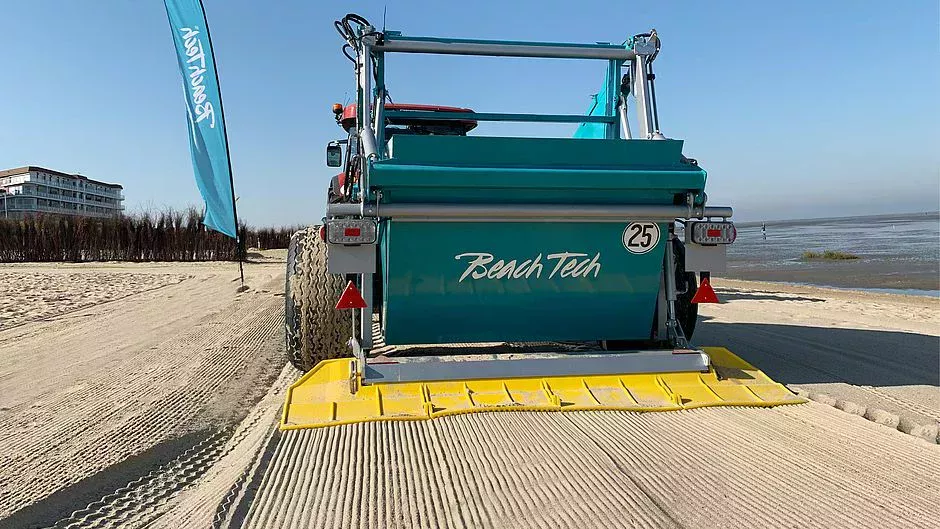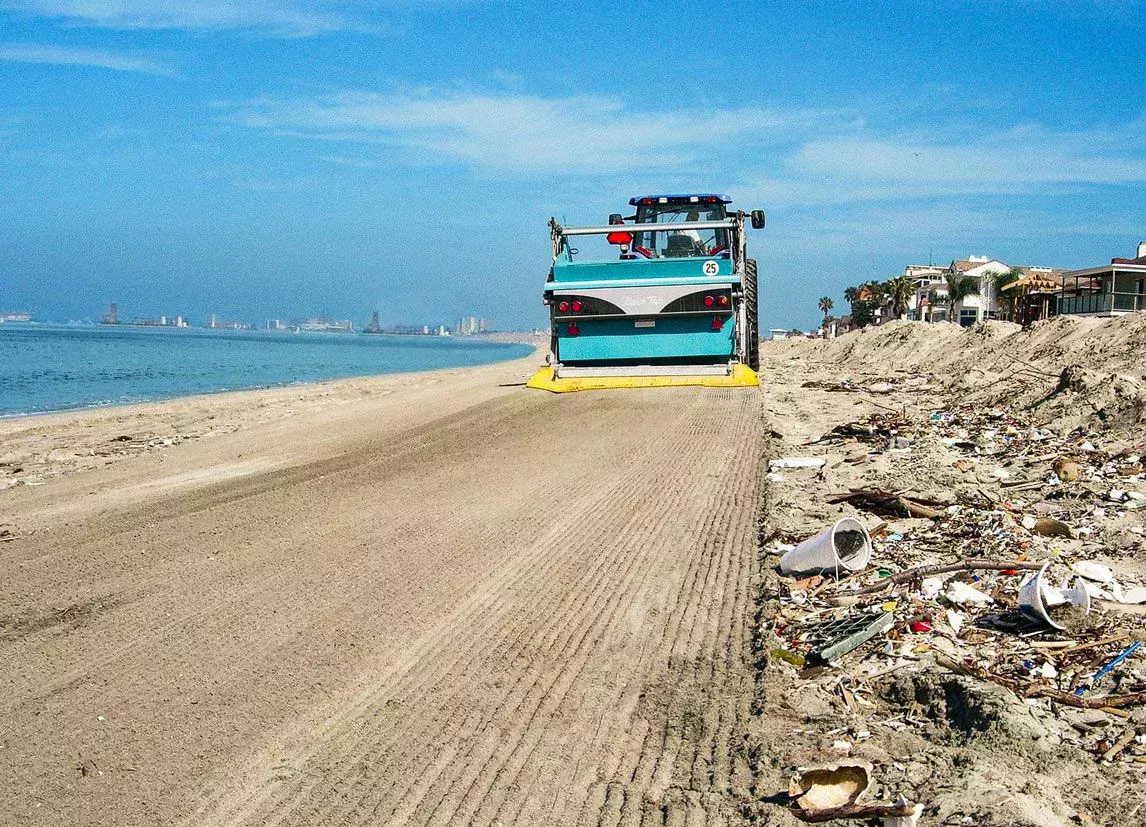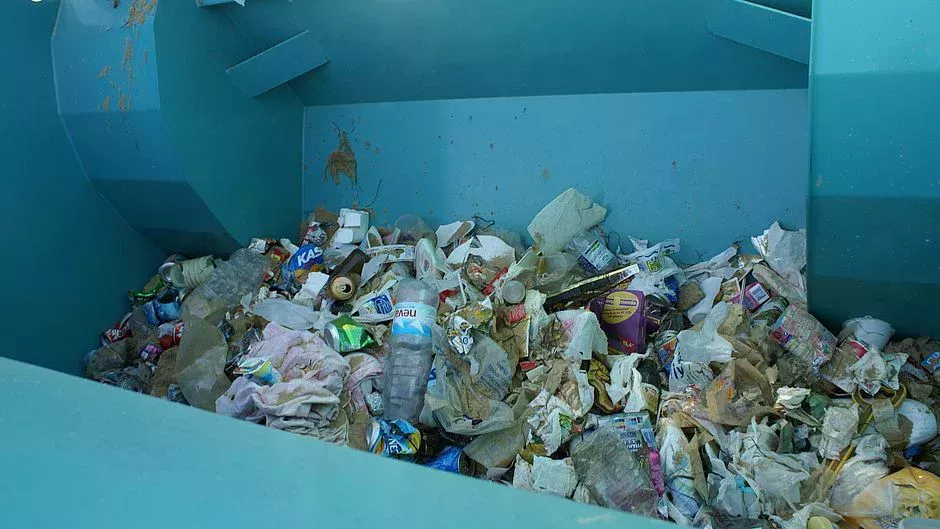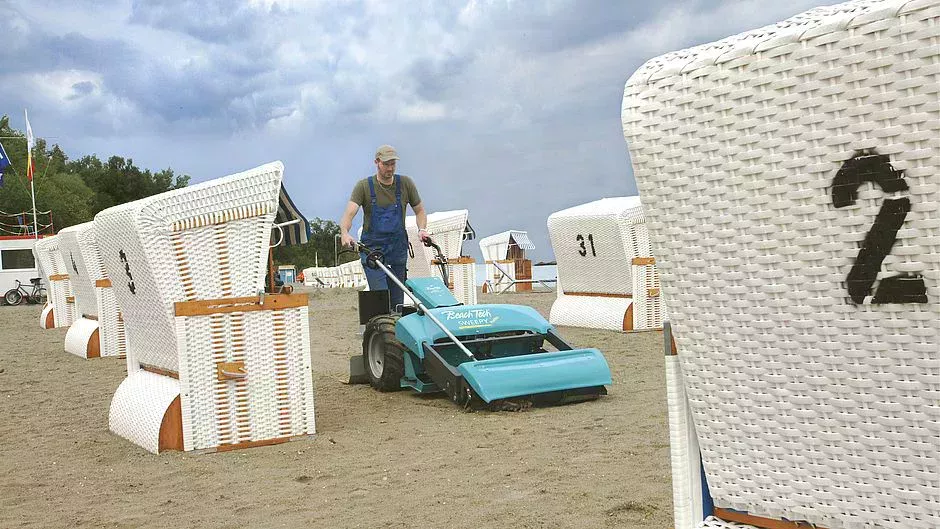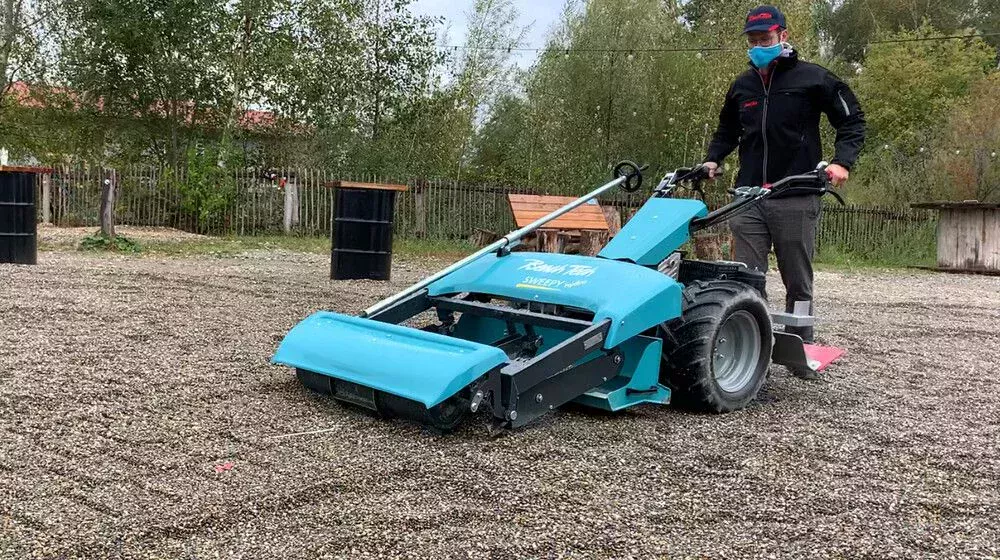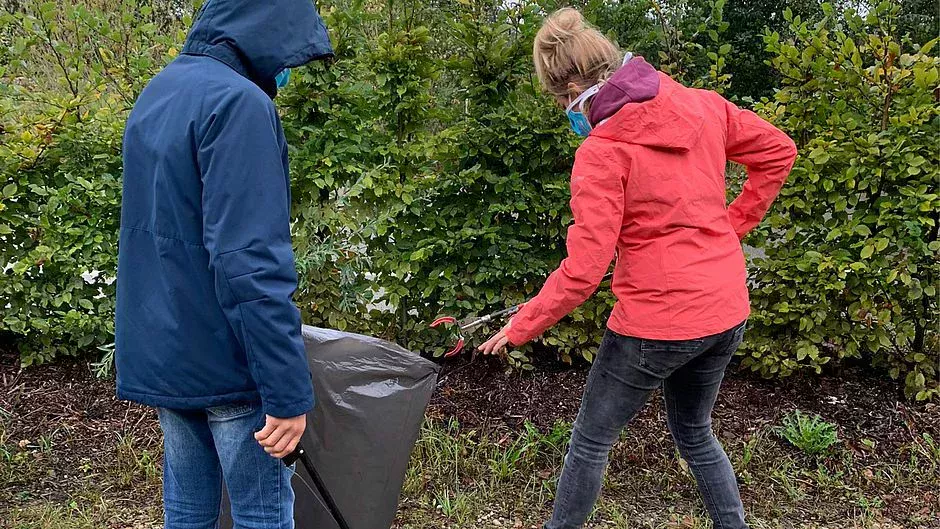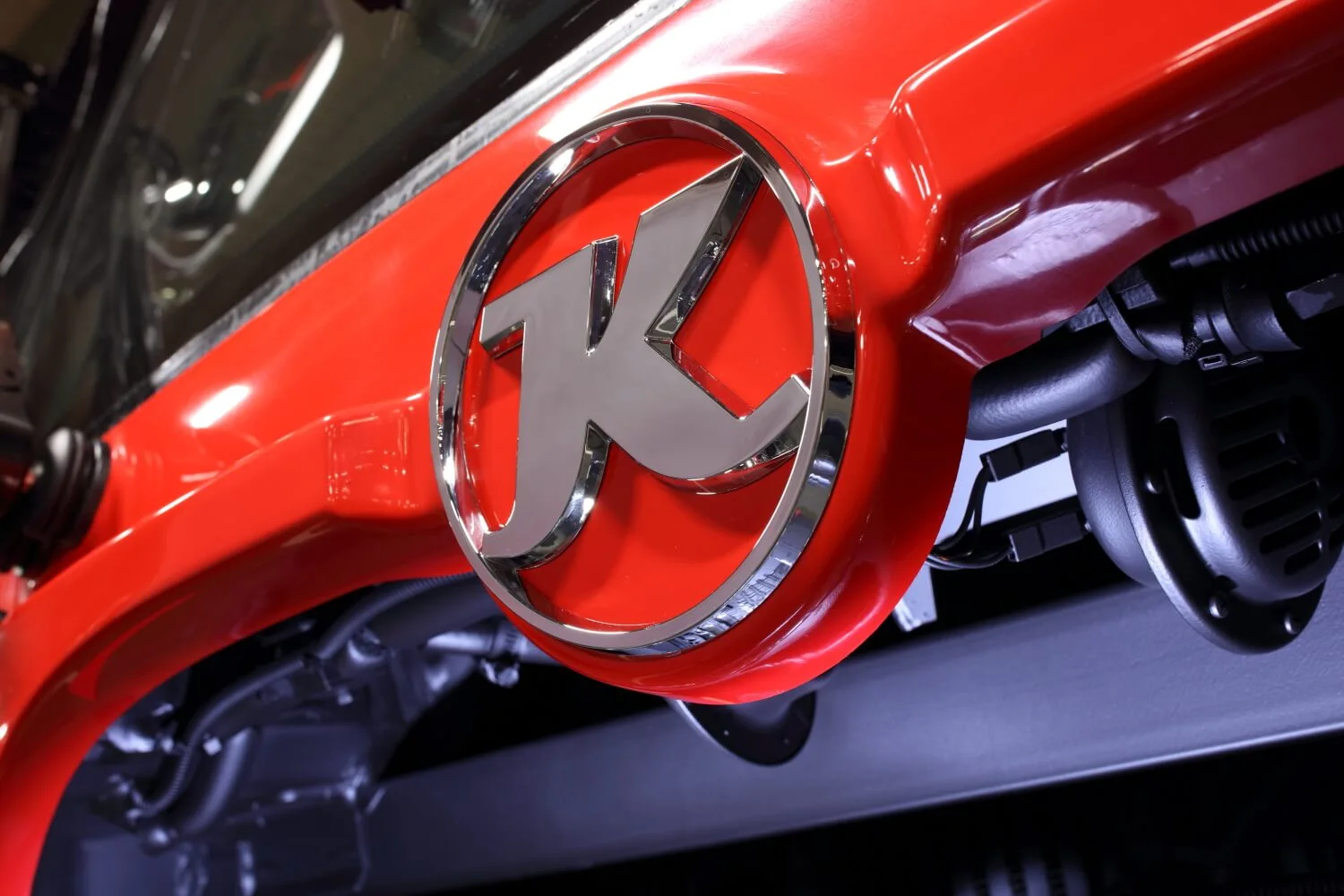
Plastics on the beach
Every beach has its own marvel. Beaches tell stories: Sagas of desire and the faraway, sailor's stories of flotsam, smugglers and pirate ships.
And enormous amounts of waste!
We are facing a trash crisis. Not only in the seas.
For decades, nature has been wantonly treated like a garbage dump. Every year, between four and thirteen million tons of plastics wind up in the oceans, depending on the estimate. The vast majority of it is microplastics, which is plastic material that has already fragmented into smaller particles that at some point will end up either on the ocean floor or on beaches. Once the garbage is in the ocean, it’s there to stay. Plastics have a lifetime of up to 1,000 years!
In addition to a significant health hazard to people and animals, plastics cause serious economic damage to beach communities, tourism, seafaring and fishing. The cleaning of ports, coasts and beaches costs many millions of euros, year after year. The cleaning of beaches must be financed locally by the affected municipalities.
For years, attempts have been made to counteract the pollution of the oceans with garbage through the implementation of various national and international agreements and programs of action for the protection of the maritime environment. All over the world, beach communities and environmental organizations hold “Coastal Cleanup Days” on a regular basis, wherein a large number of volunteers manually clean beaches of refuse while creating awareness of the threat.
This is where the BeachTech beach cleaners come in! The BeachTech beach cleaners, with their innovative technology, collect the trash that washes up - be it algae, broken glass or plastic pieces. Only a small portion of the trash in the bottom is at the surface. The far greater part is buried in the upper sand layer. The patented cleaning technology succeeds in extracting even the small plastic fragments, often hidden in the subsoil, from the sediment mixture without harming the creatures in it. Many features of BeachTech beach cleaning machines have ecological requirements in mind: Be it the use of bio-oils, the particularly low ground pressure of the wide tires or the gentle cleaning method itself.
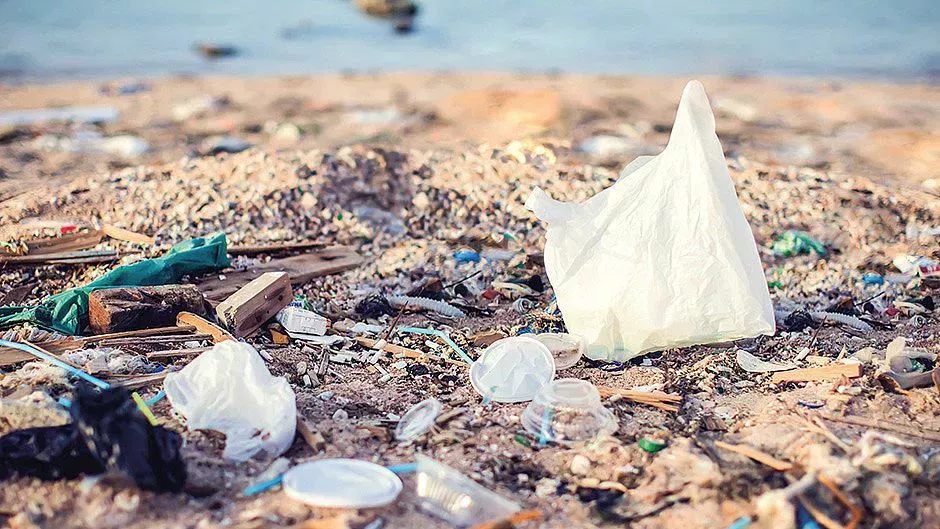
Every year, more than half a million tons of plastic waste ends up in the Mediterranean Sea. This corresponds to 33,800 plastic bottles per minute!
International
Coastal Cleanup-Day
On 19 September was International Coastal Cleanup Day. For 35 years, the environmental organisation Ocean Conservancy has been calling for the largest voluntary marine protection campaign in the world, the World Beach Cleaning Day - against the littering of the oceans with plastic waste. Kässbohrer is also involved here with its beach cleaners.
Cleaning beaches worldwide is an important contribution in the fight against plastic waste in the sea. The trash on the beach that is not cleaned up is washed back into the sea by the waves and surf. A large part of this trash is plastic waste. This ends up in the food chain of living creatures in the oceans and ultimately on our plates. Kässbohrer Geländefahrzeug AG is committed to raising awareness of this problem and supporting worldwide campaigns.
Kässbohrer Geländefahrzeug AG wants to cooperate with the Alliance to End Plastic Waste, a large, strong and worldwide organization for the reduction of plastic waste.Worldwide you can support the topic and BeachTech by posting pictures and videos documenting your successes in collecting plastic waste under the hashtag #cleanbeaches.
In Italy, a demonstration with several beach cleaning models took place on a beach near San Remo in Liguria. This was the first time a beach was cleaned with a professional beach cleaner.
At the famous Venice Beach in California Kässbohrer started the challenge "Beat the BeachTech". Machine beach cleaning against manual waste collectors - Who cleans faster? Who cleans more thoroughly?
BeachTech beach cleaners have also supported cleaning campaigns on Cleanup Day at several locations on the Baltic and North Sea in Northern Germany.
Kässbohrer was also involved locally in Laupheim in the Mobi-Park, together with the Friedrich Uhlmann School and the town of Laupheim.
